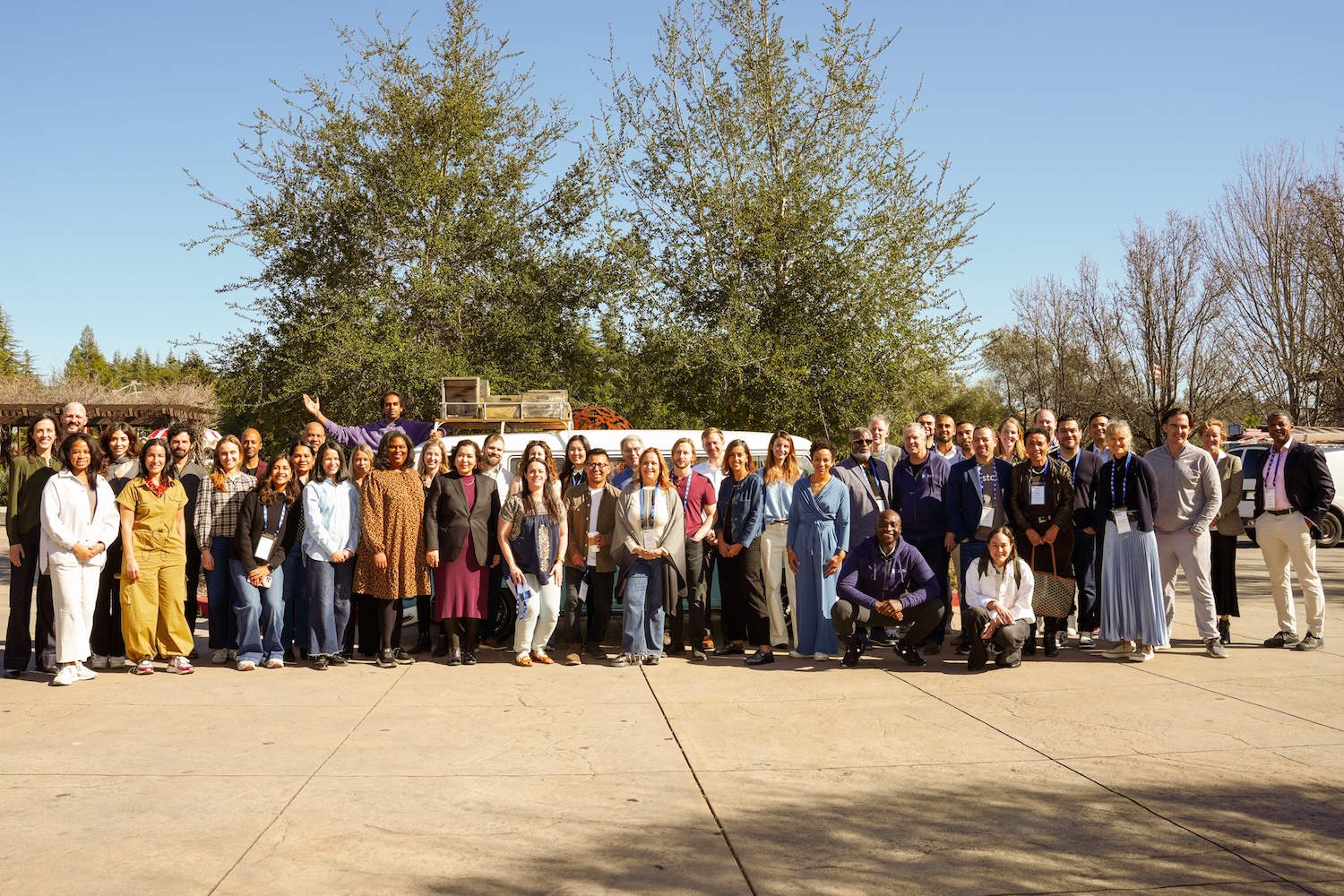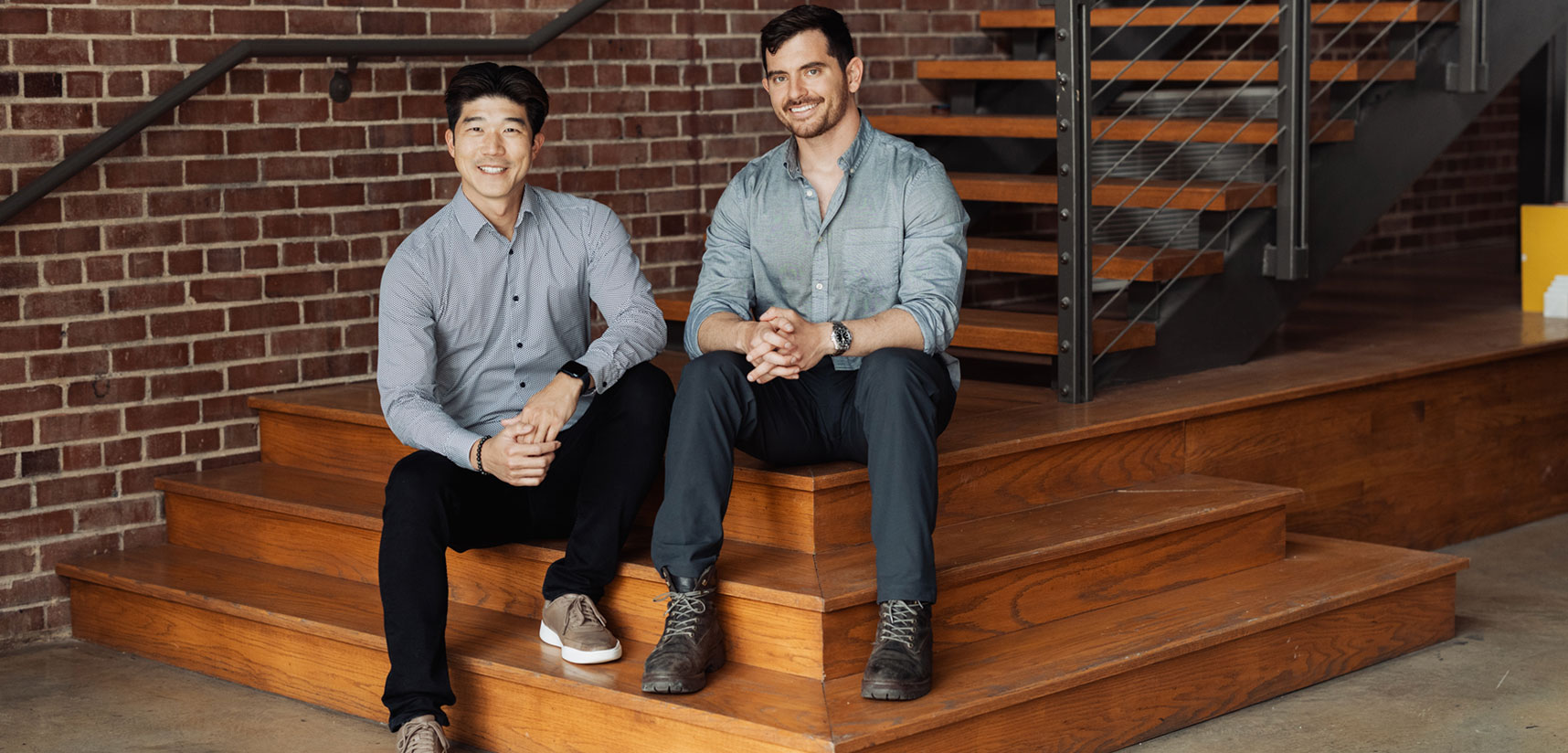In February 2021, Jane Chen relocated from her native New York City to Charlotte, North Carolina. The 21-year-old wanted to strike out on her own and found full-time work as a cashier at a restaurant—but she craved a more durable, clear career path, so she entered a Per Scholas program for the IT industry. Chen knew she was making an investment in her future as Per Scholas' programs are tuition-free and students graduate with certificates and job training spanning the tech industry: IT, cybersecurity, software engineering, coding, and more.
But the training program was rigorous—some students call them “bootcamps”—basically the equivalent of a full-time job with classes from 9-4, five days a week. She cut her hours at the restaurant. Money got tight.
“There just wasn't enough time,” Chen says. “And I was starting to struggle with money. I was worried I wouldn't make it through the program.”
Then she heard about SkillUp. The non-profit coalition helps connect workers with the resources they need to find work and the training programs they need for certification, like Per Scholas. But they also help students—whether they are just out of high school or looking for a mid-career change—through these transitions. Since they launched in 2020, SkillUp has distributed nearly $2 million in scholarships to workers, including the $1,000 SkillUp Together Fund grant Chen received.
“The scholarship from SkillUp gave me funding to push through and graduate,” she says. “It wasn't just a small chunk of change. It was pretty big. It helped with groceries, my bills, my rent. It really set me up to graduate from the course, get my certificate, and start working towards becoming a full-blown IT support person.”
Chen's story is far from unique. Inequity and access to education—and the career paths it affords—persists in America. Black college graduates hold nearly twice as much student loan debt as their white counterparts. And once they do graduate, Black college graduates are still less likely to be hired for a job that requires an advanced degree. This despite the fact that employers and employees want a more diverse workplace—a Glassdoor study reported that more than three in four employees feel diversity in the workplace is an important factor when considering job offers.
Per Scholas, which serves a student population that is 69% people of color, and SkillUp are helping to close this gap. Since 2020, SkillUp has awarded nearly 800 scholarships to Per Scholas students and generated an increase in earnings of over $20,000 for graduates. SkillUp and Per Scholas is a natural collaboration with distinct-yet-similar missions: the typical Per Scholas student enters the training program with $10,000 in income and upon graduation finds jobs averaging $42,000—that's an income increase of 320%.
Companies can say they're committed to hiring a more diverse workforce, but without the training—and financial support or access—many Americans will continue to be shut out of these opportunities. SkillUp and Per Scholas, thanks to funding and partnerships with Barclays, are working to build a more diverse workforce for the future by providing this often-overlooked support. Organizations that share these goals should consider how to include this support in their workforce training and development programs.
As for Chen, upon graduating from Per Scholas she ended right back where she started: Per Scholas hired her as an instructional assistant (IA) where she's instrumental in guiding Per Scholas students down a new path. “I started as an IA a few months after graduation,” she says, cracking a smile. “Now I get to help others try to get to where I am: a new career.”


.png)



